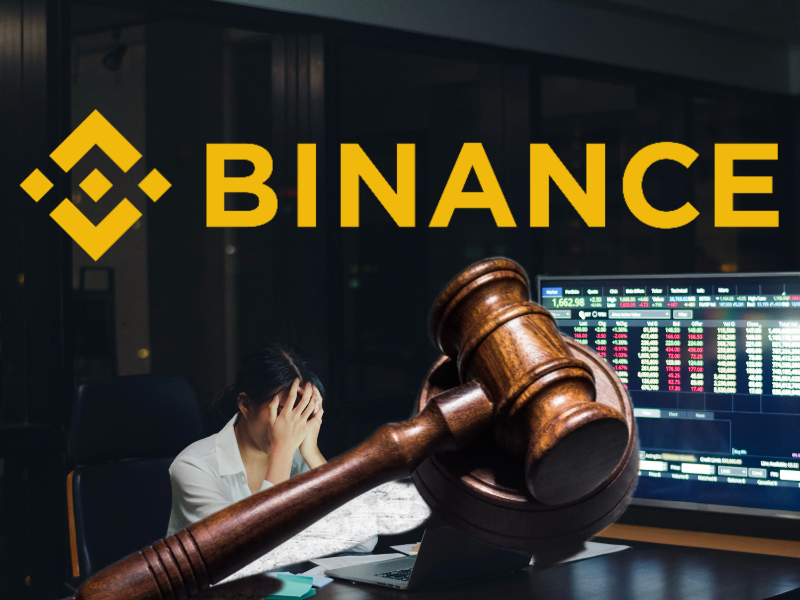- A federal appeals court reinstated a lawsuit where investors accused Binance, the top global cryptocurrency exchange, of violating U.S. securities laws.
- Investors, dissatisfied with token investments made on Binance in 2017 that swiftly lost value, alleged the exchange’s failure to disclose risks, prompting efforts to recover their losses.
- Binance argued that its exchange’s location outside the U.S. means it is not subject to U.S. securities laws.
OUR TAKE
A federal appeals court reinstated the lawsuit against Binance over crypto losses, supporting investors’ claims of U.S. securities law violations by the exchange. This case is unrelated to the previous charges against Binance’s former CEO, Changpeng Zhao. This development prompts a closer examination of Binance’s operations and highlights the need for greater transparency and accountability to mitigate potential risks for investors.
–Sylvia Shen, BTW reporter
On March 8, a federal appeals court reinstated a lawsuit wherein investors asserted that Binance, the foremost cryptocurrency exchange globally, had broken U.S. securities laws by vending unregistered tokens.
U.S. appeals court supports investors
The 2nd U.S. Circuit Court of Appeals in Manhattan, in a unanimous 3-0 decision, ruled that investors in the proposed class action adequately argued that U.S. securities laws were applicable, as their token purchases became irrevocable in the United States.
This result, according to Circuit Judge Alison Nathan, is justified by Binance’s use of domestic Amazon computer servers to run its platform, as Binance “notoriously denies the applicability of any other country’s securities regulation regime.”
Also read: Nigeria issues summons to Binance CEO over alleged financial crimes
The appeal involved investors who purchased seven tokens (ELF, EOS, FUN, ICX, OMG, QSP, and TRX) on Binance beginning in 2017, which quickly depreciated.
Investors alleged Binance’s failure to caution them about the tokens’ risks and aimed to reclaim their expenses, while Binance claimed that because its exchange was located outside of the nation, U.S. securities laws did not apply.
Originally based in China, Binance later moved to Japan before relocating to Malta due to regulatory changes. Currently, it operates without a formal headquarters.
Also read: Judge denies UAE travel for Binance’s CZ, despite $4.5 billion offer
Plaintiffs’ lawyer applauds court’s unanimous validation
Lawyer Jordan Goldstein, representing the plaintiffs, expressed satisfaction with the court’s unanimous recognition of their claims.
The matter is unrelated to Binance’s recent guilty plea and more than $4.3 billion fine for breaking federal sanctions and anti-money laundering rules.

